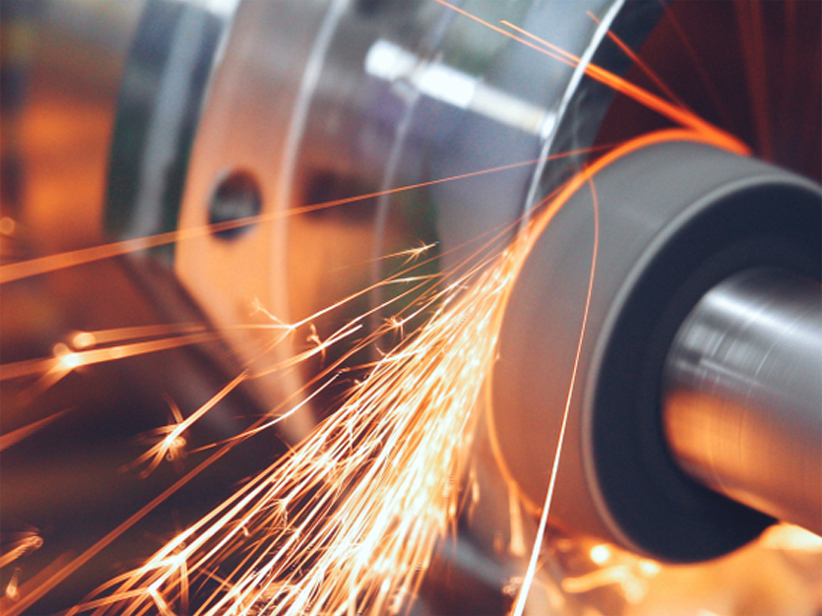Stainless Steel - Grade 420CF
Description
420CF is a martensitic stainless steel known for its excellent machinability and corrosion resistance. It is specifically designed for applications requiring high strength and moderate corrosion resistance, making it suitable for various industrial uses.
Chemical Composition
The chemical composition of 420CF typically includes:
- Chromium (Cr): 12.0 - 14.0%
- Nickel (Ni): ≤ 0.75%
- Manganese (Mn): ≤ 1.0%
- Silicon (Si): ≤ 1.0%
- Carbon (C): 0.15 - 0.40%
- Phosphorus (P): ≤ 0.04%
- Sulfur (S): ≤ 0.03%
Mechanical Properties (Annealed)
The mechanical properties of 420CF are as follows:
- Tensile Strength: 520 - 700 MPa
- Yield Strength: 310 - 450 MPa
- Elongation: 10 - 15%
- Hardness: 45 - 50 HRC (after heat treatment)
Thermal & Physical Properties
- Density:Approximately 7.75 g/cm³
- Melting Point: 1400 - 1450 °C
- Specific Heat Capacity: 0.5 J/g•K
- Thermal Conductivity: 25.4 W/m•K
Other Designations
- ASTM: A493
Fabrication and Heat Treatment
420CF can be fabricated using standard machining processes. It is often heat-treated to enhance its mechanical properties:
- Heat Treatment Process:
- Annealing: Heat to 870 - 900 °C, hold for 30 minutes, then air cool.
- Hardening: Heat to 1000 - 1050 °C, quench in oil or air, followed by tempering at 200 - 300 °C.
Applications
420CF is widely used in applications such as:
- Cutting tools
- Surgical instruments
- Valves and fittings
- Food processing equipment
Supplied Forms
- Bars
- Wires
Features
- High machinability
- Good corrosion resistance
- Excellent hardness and wear resistance after heat treatment
This datasheet provides a comprehensive overview of the 420CF grade, including its composition, properties, and applications, ensuring that it is suitable for a variety of industrial uses.






